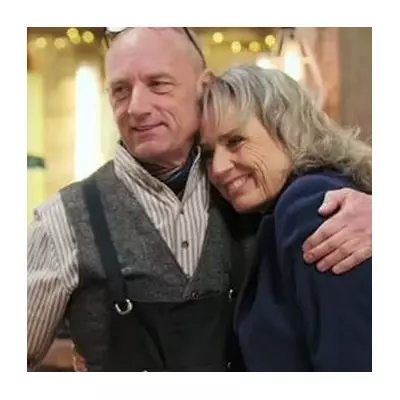
In a shocking revelation that has stunned the Strictly Come Dancing community, judge Anton Du Beke has disclosed details of a horrific stabbing incident that occurred at the show's London studios and nearly ended his professional dancing career.
The beloved television personality shared the traumatic experience during a candid discussion with fellow judges Shirley Ballas, Motsi Mabuse, and Craig Revel Horwood, revealing he was hospitalised with severe leg wounds after being attacked with a broken wine glass.
The Night That Changed Everything
"I got stabbed in the leg and in the stomach because of a bottle of wine," Du Beke revealed during the emotional conversation. The incident took place in the dressing rooms at the BBC's Elstree Studios, where the hit Saturday night show is filmed.
Du Beke described waking up in hospital surrounded by medical professionals, uncertain if he would ever dance again. "The first thing I thought was, 'Am I going to be able to dance?'" he recalled, highlighting the terrifying moment he realised his career hung in the balance.
Strictly Family Support System
The revelation prompted an outpouring of support from his fellow judges, with each sharing their own experiences with on-set challenges and personal struggles.
Head judge Shirley Ballas opened up about receiving death threats during her time on the show, while Motsi Mabuse discussed the intense pressure of being constantly scrutinised by the public. Craig Revel Horwood, known for his sharp critiques, revealed the emotional toll of maintaining his television persona.
Beyond the Glitter and Glamour
The judges' conversation peeled back the curtain on the reality behind Strictly's glamorous facade, revealing:
- The psychological impact of constant public criticism
- Security concerns for high-profile television personalities
- The challenge of maintaining professional composure during personal crises
- The unique pressures of live television broadcasting
Du Beke's resilience in returning to the dance floor and eventually joining the judging panel serves as a testament to his dedication to the art form that has defined his career.
A New Perspective
Now settled into his role as a permanent judge, Du Beke brings a unique understanding of the pressures faced by both dancers and judges. His experience has given him particular empathy for contestants dealing with injuries and personal challenges throughout the competition.
The judges' collective revelations highlight the often-unseen human drama that unfolds behind the scenes of one of Britain's most beloved television programmes, reminding viewers that beyond the sequins and perfect scores lie real people facing real challenges.





